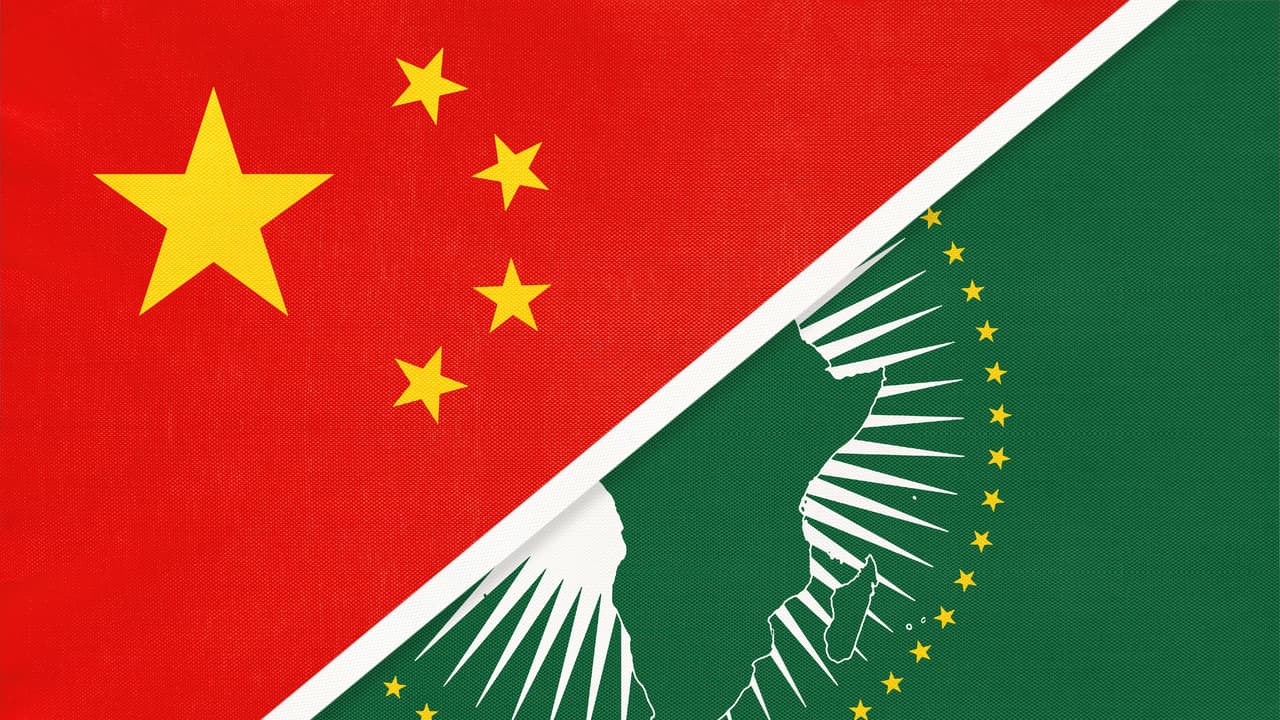China and Pakistan are reshaping Africa’s maritime future by training naval officers and embedding Chinese systems and doctrine, creating long-term strategic dependencies that outlast governments and equipment cycles.
A slow but significant shift is underway in Africa’s security landscape. Instead of competing for bases or pushing for direct military deployment, China and Pakistan are reshaping something far more enduring — the training pipelines that feed Africa’s naval and maritime institutions. This quieter form of influence carries fewer headlines but creates deeper dependencies that last well beyond the tenure of governments or the lifespan of equipment.
African nations facing piracy, illegal fishing and coastal instability have long depended on external partners for naval training. Traditionally, this space was dominated by Western navies, the Indian Navy and multilateral formats such as the European Union’s Operation Atalanta. That balance is now tilting, slowly but unmistakably, towards China and Pakistan.
China’s Scholarship Strategy: Influence Through Education
China’s method has been straightforward. Over the past decade, Beijing has offered scholarships for naval engineering, maritime law, and officer training at Chinese academies. These programmes intensified after the establishment of China’s first overseas base in Djibouti. African officers sent to China return familiar with Chinese platforms, communication systems and operational philosophy. This creates a generation of mid-level and senior personnel whose professional vocabulary is shaped around Chinese systems.
Pakistan’s Naval Diplomacy: Quiet, Strategic, Effective
Pakistan enters the picture as a lower-profile facilitator. Islamabad has quietly expanded its naval diplomacy in Africa, offering officer training, sea-riding opportunities and classroom exchanges at its own war colleges. On paper, this looks like a modest outreach effort from a country trying to boost its diplomatic relevance. In reality, Pakistan’s course material, ship handling routines and tactical drills are anchored in Chinese hardware and doctrine, because its own navy is now built around Chinese ships and equipment.
This makes Pakistani training a softer, more politically convenient way for Chinese systems to enter African institutions.
Somalia’s, ,Defence, Pact: A Case Study in Dependency
Somalia’s defence memorandum with Pakistan, approved on August 28, 2025, illustrates this clearly. The agreement covers officer development, naval unit support and technical assistance. Somalia may see this as a practical way to rebuild its maritime capability. But Pakistan’s training is inseparable from the Chinese-origin systems it uses itself. Once Somali officers are trained on this foundation, the natural follow-on is procurement from the same ecosystem.
Across the continent, similar patterns are emerging. West African states dealing with piracy in the Gulf of Guinea have received Pakistani training teams. East African navies increasingly participate in joint drills where Chinese-built equipment is showcased through Pakistan. Beijing does not need to be physically present — the doctrine travels through Islamabad.
Why Training Shapes Long-Term Military Alignment
The long-term impact is profound. Naval officers typically remain in service for decades. The operational habits they acquire early — preferred equipment, maintenance logic, communication styles, tactical instincts — shape entire institutions. When those habits come from one external source, long-term alignment follows.
African nations seeking to diversify later face obstacles. Switching from Chinese-origin systems to alternatives requires costly retraining, new spare parts chains and complete rewrites of procedures. Most governments simply do not have the budget or political bandwidth for such transitions once a pathway is set.
Growing Concerns in Kenya, Ethiopia and ,India
Neighbouring states are taking note. Kenya and Ethiopia have raised concerns about how such training pipelines, if dominated by China and Pakistan, might influence multilateral maritime cooperation in the Gulf of Aden. Indian officials observing these trends see parallels with how China gained influence in Southeast Asia — first through training programmes, later through equipment sales, and eventually through policy alignment.
The Strategic Cost for Africa’s Maritime Future
Africa needs partners for maritime development. But the most influential partner is often the one shaping its training drills, not its port cranes. China understands this. Pakistan, willingly or otherwise, is helping widen the doorway.
The question for African coastal states is whether they recognise this shift — and whether they are prepared for the long-term strategic cost of allowing external powers to shape the minds that will one day command their fleets.
